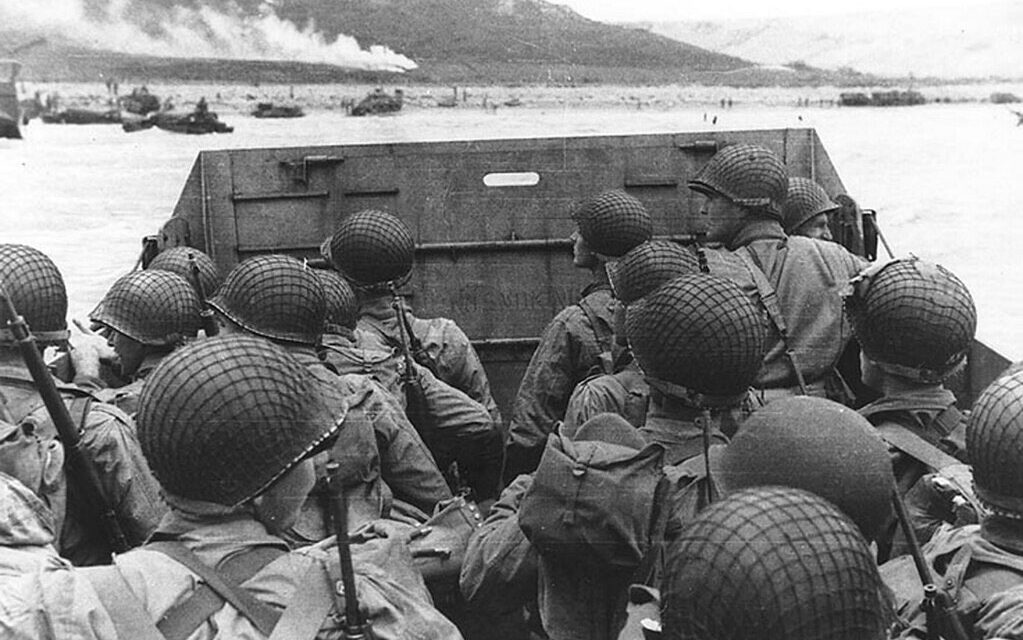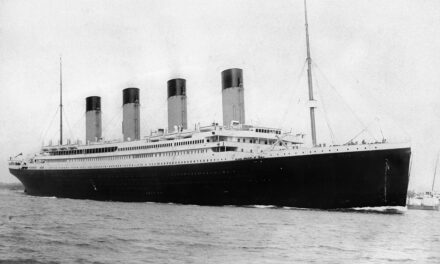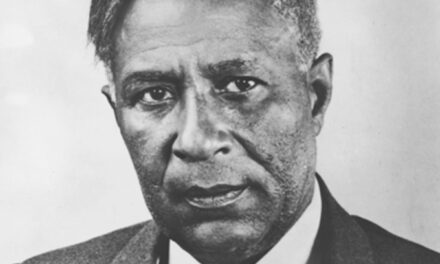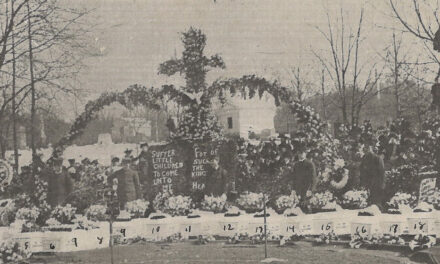CLEVELAND HISTORY
Cleveland Indians Trade Players to Chicago White Sox (June 2, 1948): The Cleveland Indians traded pitcher Al Gettel and outfielder Pat Seerey to the Chicago White Sox in exchange for outfielder Bob Kennedy. This move was part of the Indians’ strategic roster adjustments during their championship-winning 1948 season.
Cleveland Indians Defeat Washington Senators in 15-Inning Game (June 4, 1948): In a marathon game at Griffith Stadium, the Cleveland Indians broke a scoreless tie with a five-run 15th inning, defeating the Washington Senators 5–0. The victory was highlighted by triples from Joe Gordon and Wally Judnich, contributing to the Indians’ successful 1948 campaign.
Muhammad Ali Summit Held in Cleveland (June 4, 1967): Prominent African American athletes, including Jim Brown, Kareem Abdul-Jabbar, and Bill Russell, convened in Cleveland to support Muhammad Ali’s refusal to be drafted into the Vietnam War. The summit was a significant moment in sports and civil rights history, showcasing athlete activism.
Ten-Cent Beer Night Riot at Cleveland Stadium (June 4, 1974): A promotional event offering ten-cent beers during a game between the Cleveland Indians and the Texas Rangers led to unruly fan behavior and a riot. Intoxicated spectators stormed the field, resulting in the game being forfeited to the Rangers. The incident remains one of the most infamous in Major League Baseball history.
Dedication of St. Mary’s on the Flats (June 7, 1840): St. Mary’s on the Flats, Cleveland’s first Catholic church, was dedicated by French Bishop Charles-Auguste-Marie-Joseph de Forbin-Janson during his missionary tour of the United States. Located near the Columbus Street Bridge, the church served as a central place of worship for Catholics from both Cleveland and Ohio City.
WORLD HISTORY
Coronation of Queen Elizabeth II (June 2, 1953): Queen Elizabeth II was crowned at Westminster Abbey in London, marking the beginning of her reign as monarch of the United Kingdom and other Commonwealth realms. The ceremony was notable for being the first British coronation to be fully televised, drawing an audience of millions worldwide.
Tiananmen Square Crackdown Begins (June 3, 1989): Chinese government forces initiated a violent suppression of pro-democracy demonstrators in Beijing’s Tiananmen Square. The crackdown resulted in numerous casualties and led to widespread international condemnation.
Dunkirk Evacuation Ends (June 4, 1940): The evacuation of Allied forces from Dunkirk, France, concluded with over 338,000 troops rescued. This operation, known as Operation Dynamo, was a significant event during World War II, showcasing the resilience and cooperation of Allied forces.
Six-Day War Begins (June 5, 1967): Israel launched a preemptive strike against Egypt, marking the start of the Six-Day War. Within six days, Israel had captured the Gaza Strip, Sinai Peninsula, West Bank, East Jerusalem, and Golan Heights, significantly altering the geopolitical landscape of the Middle East.
D-Day: Allied Invasion of Normandy (June 6, 1944): Allied forces commenced Operation Overlord, landing on the beaches of Normandy, France. This massive military operation marked a turning point in World War II, leading to the liberation of Western Europe from Nazi control.







